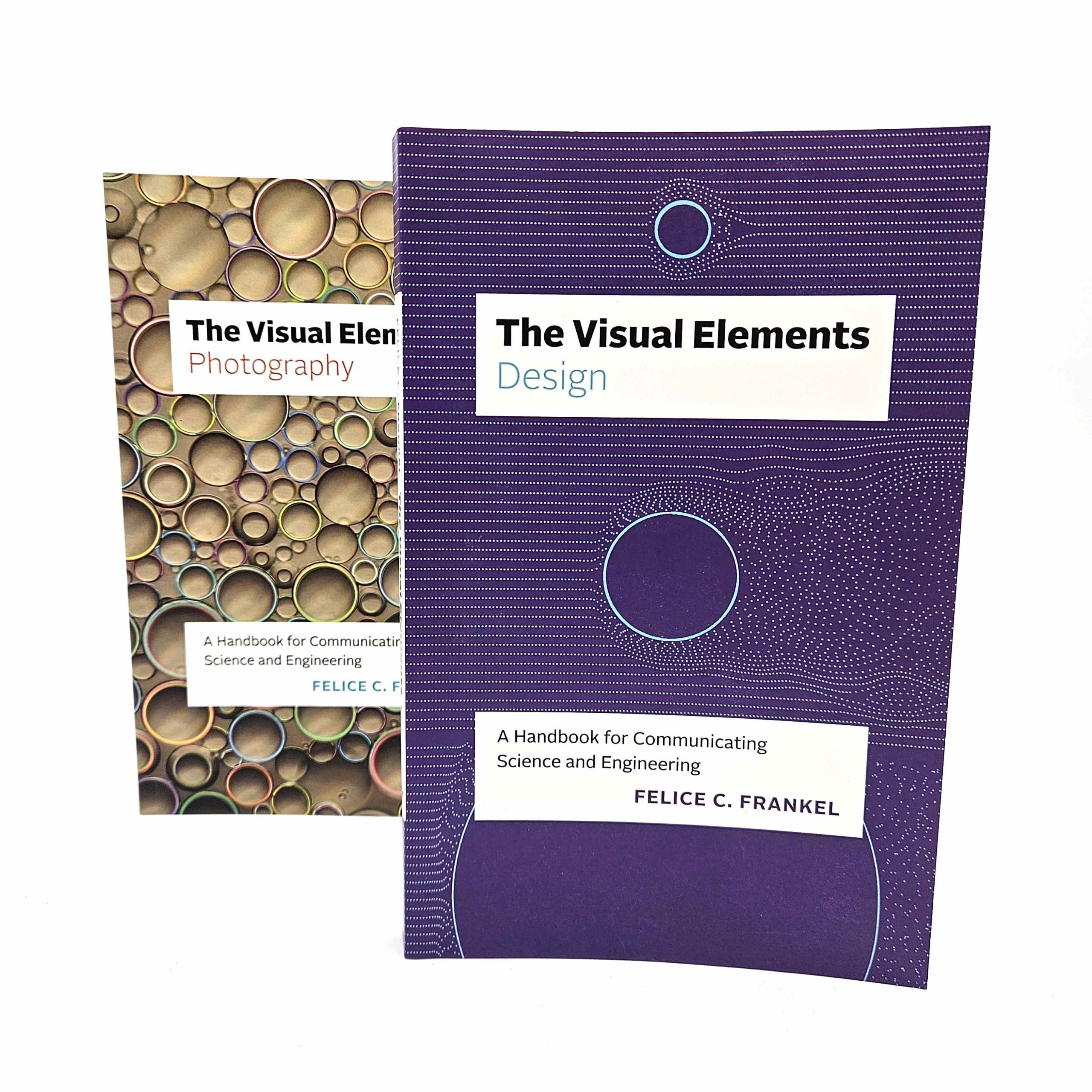Felice C. Frankel is an award-winning photographer whose images have appeared everywhere from the New York Times to National Geographic, Newsweek, Science, and Nature. Uniquely,
Recruiters are filling many a campus job fair, and we’re entering that time of year when many soon-to-be graduates are contemplating the big question of
Released this month, The Chicago Guide to Copyediting Fiction has taken the copyediting world by storm. Although The Chicago Manual of Style is widely used by writers
Scott L. Montgomery, author of The Chicago Guide to Communicating Science, is widely known for his writings on energy matters, intellectual history, language and translation,
Summer is upon us, and as cities, states, and nations begin to open up following months of pandemic lockdown, we remain uncertain about what the
November is National Novel Writing Month (or NaNoWriMo), a time when writers of all stripes set out on the audacious task of bringing to completion
January 1 might be the traditional time for resolutions, but the summer often brings on the warm-weather resolve to finally get some writing done, especially
In 1972, Janet Burroway was assigned to teach a “narrative techniques” class at Florida State. But when she went to find a text to use
Brooke Borel, the author of The Chicago Guide to Fact-Checking, on “Fact-Checking Won’t Save Us from Fake News,” at FiveThirtyEight: As for tech, fact-checking and blocking fake
From Time‘s slightly soiled (c/o a surprise appearance by Evelyn Waugh) list of the 100 Most-Read Female Writers on College Campuses: Toni Morrison and Jane Austen







